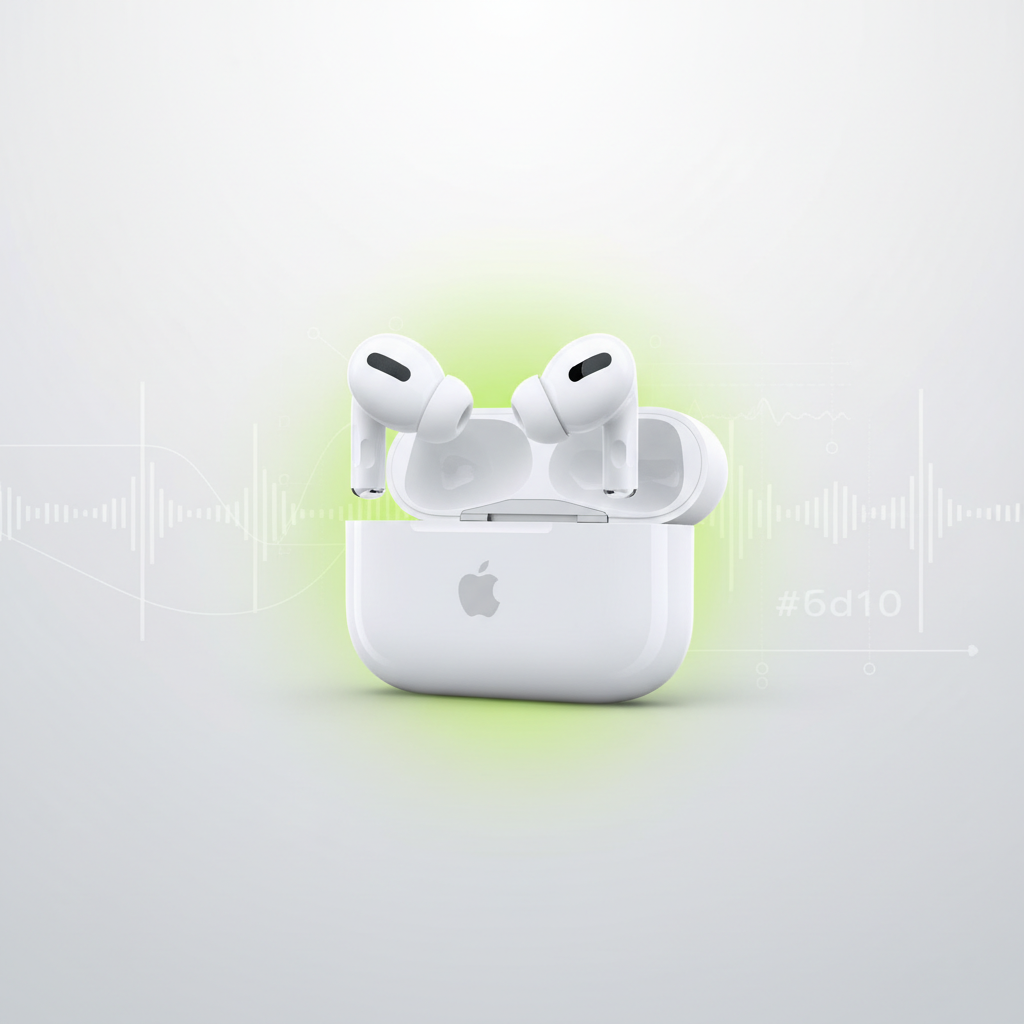In a significant leap forward for both consumer technology and hearing health, Apple's AirPods Pro 2 have received approval to function as over-the-counter hearing aids, representing a significant shift in consumer access to hearing assistance technology.
Transforming Hearing Aid Technology
The AirPods Pro 2 enable users to purchase earbuds as hearing aids without prescriptions, making hearing assistance more accessible to those with mild to moderate hearing loss. This breakthrough removes traditional barriers that have prevented many people from seeking help with their hearing.
Advanced Features
Notable capabilities include active noise cancellation alongside their hearing aid functions to minimize unwanted ambient sounds. The device creates personalized hearing profiles through a simple app-based hearing test, making it easy for users to customize their experience without visiting an audiologist.
Key features include:
- Personalized Audio - Custom hearing profiles based on individual hearing tests
- Active Noise Cancellation - Reduces unwanted background noise
- Rechargeable Batteries - Convenient charging via the case
- Bluetooth Connectivity - Seamless integration with Apple devices
- No Prescription Required - Direct purchase for mild to moderate hearing loss
Comparison to Traditional Aids
The piece contrasts over-the-counter options with prescription devices, noting that while specialized aids remain essential for severe cases, the AirPods Pro 2 offer practical features like rechargeable batteries and Bluetooth connectivity that many traditional hearing aids lack.
For individuals with mild to moderate hearing loss, the AirPods Pro 2 provide a compelling alternative that doubles as premium wireless earbuds for music, calls, and media consumption.
Accessibility Benefits
Recent regulatory changes have enabled direct consumer purchases, reducing barriers related to:
- Cost - More affordable than traditional hearing aids
- Stigma - Normalized appearance of everyday earbuds
- Professional Access - No need for audiologist appointments
- Convenience - Available at Apple retail locations and online
This democratization of hearing assistance technology means more people can address their hearing needs without the traditional hurdles of cost and accessibility.
Future Implications
This innovation signals broader integration of hearing aid functionality into mainstream consumer electronics. As technology companies continue to develop sophisticated audio processing capabilities, we can expect more devices to serve dual purposes—enhancing both entertainment and hearing health.
The convergence of consumer audio and medical devices represents a paradigm shift that could benefit millions of people worldwide who have avoided traditional hearing aids due to cost, stigma, or accessibility concerns.
